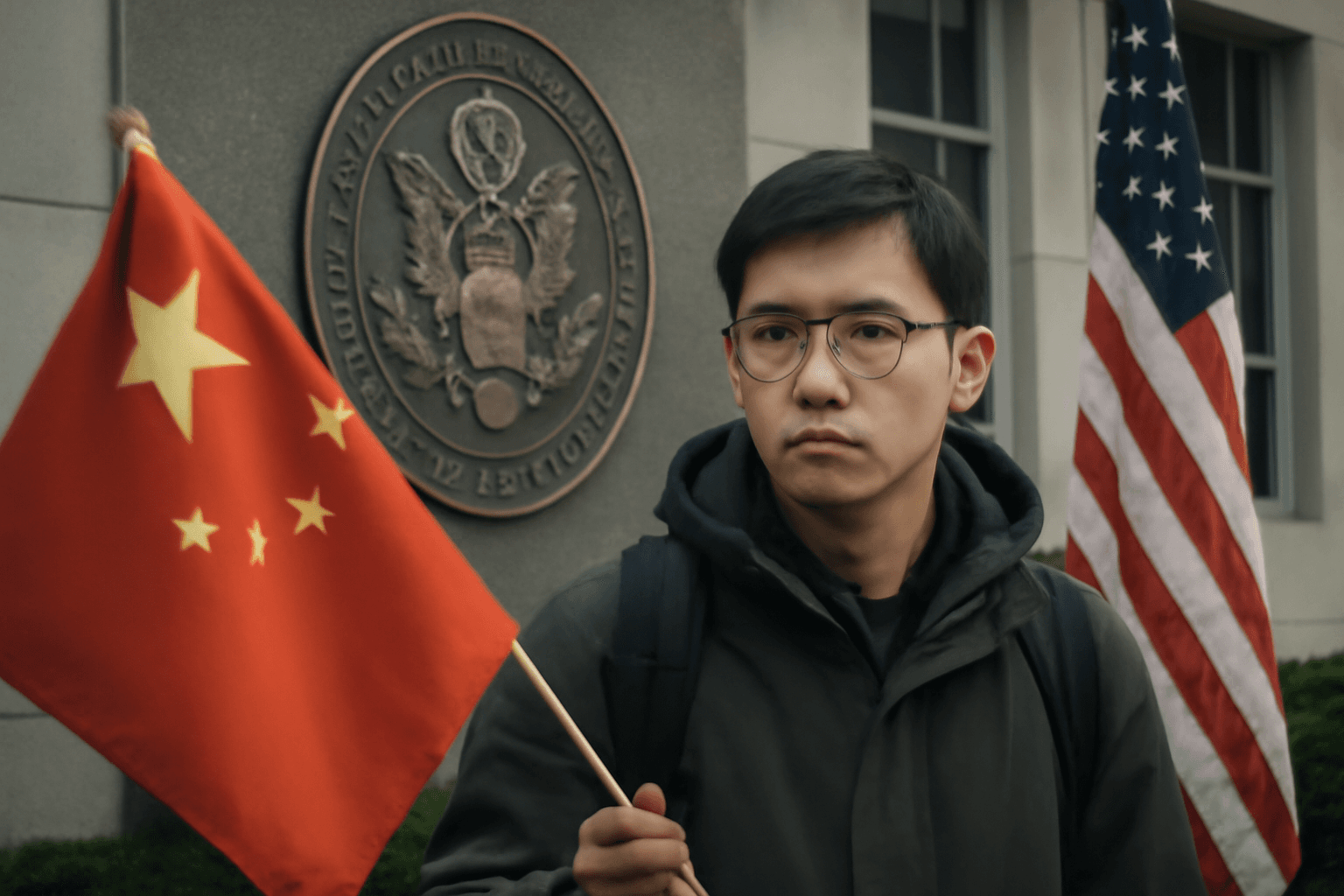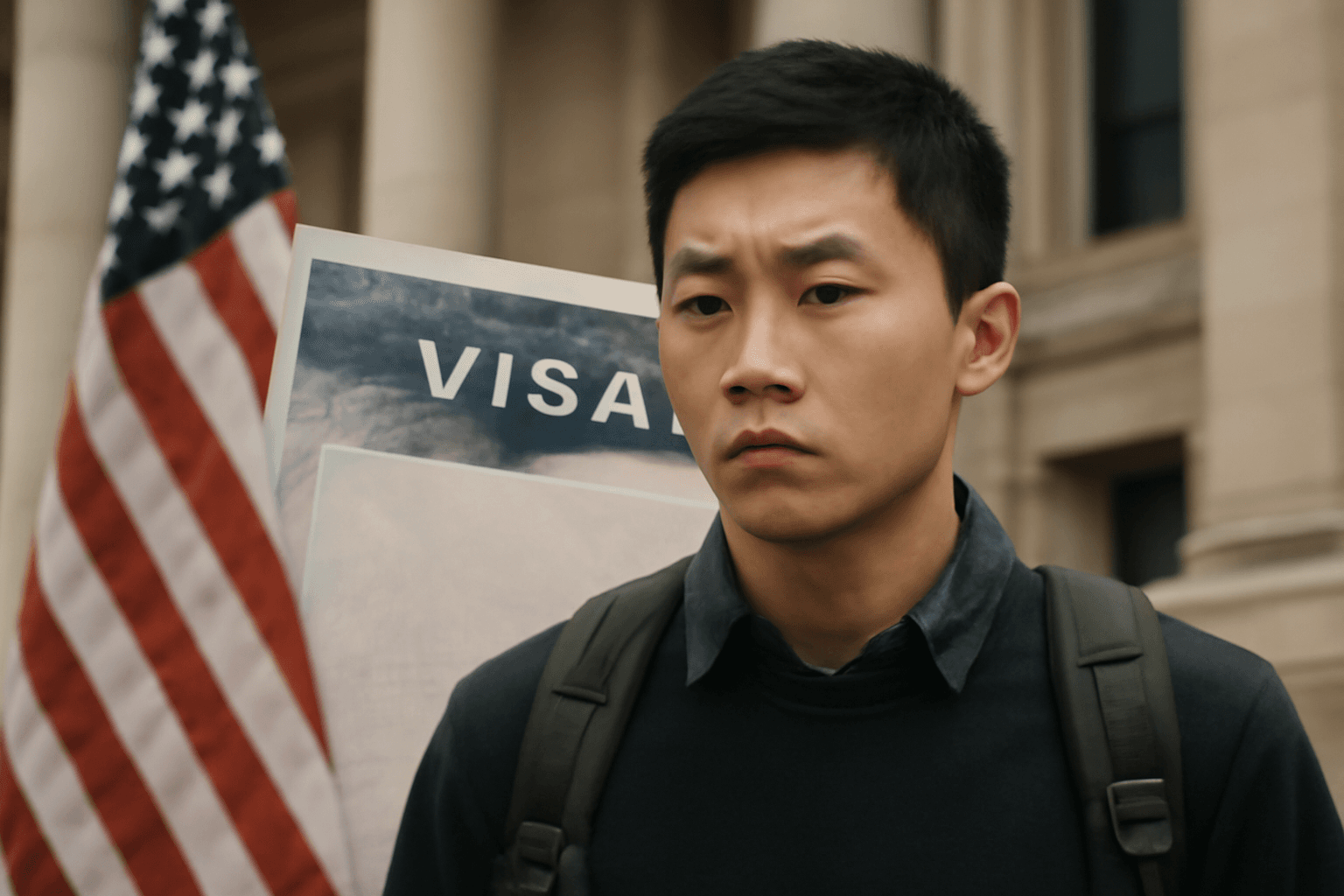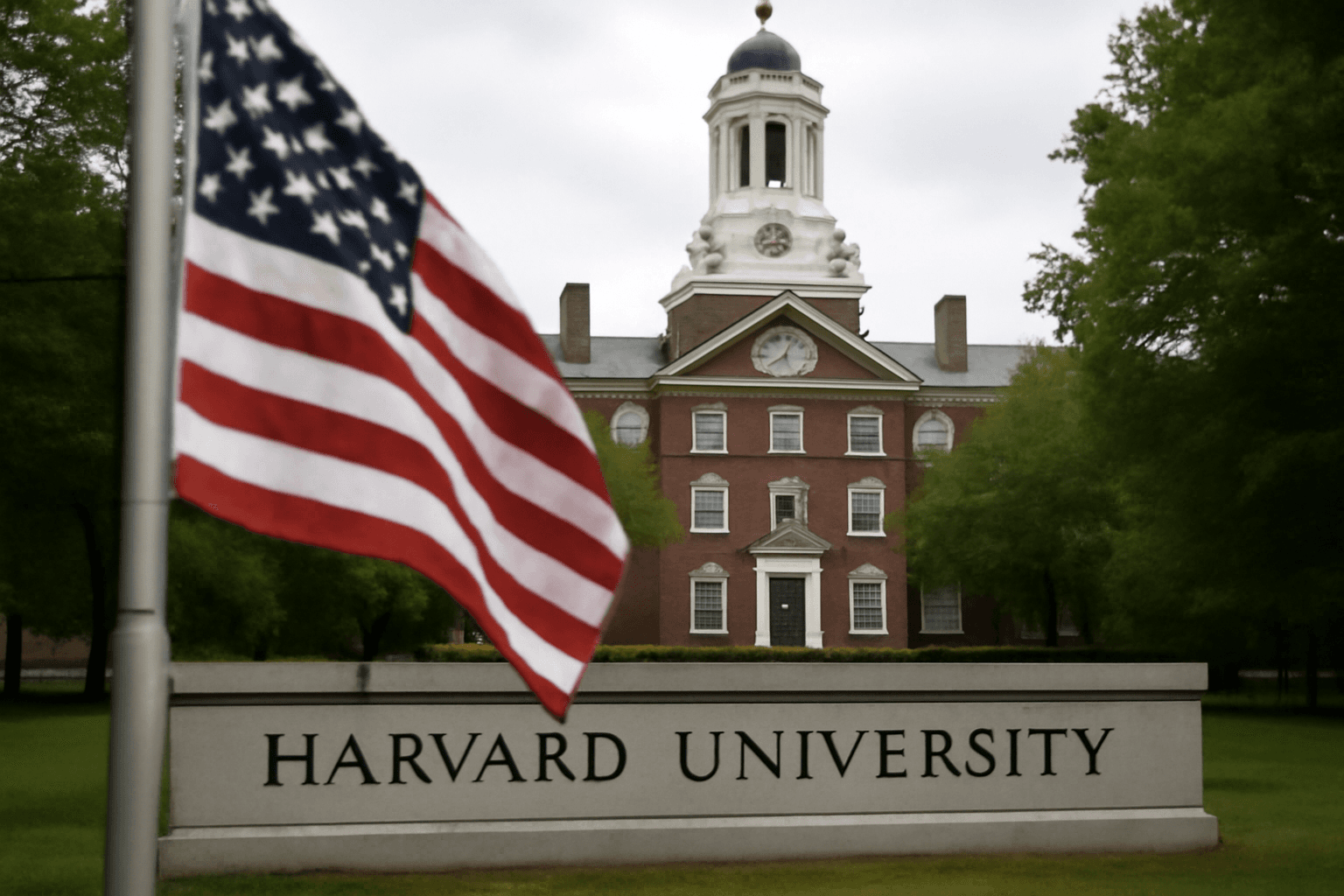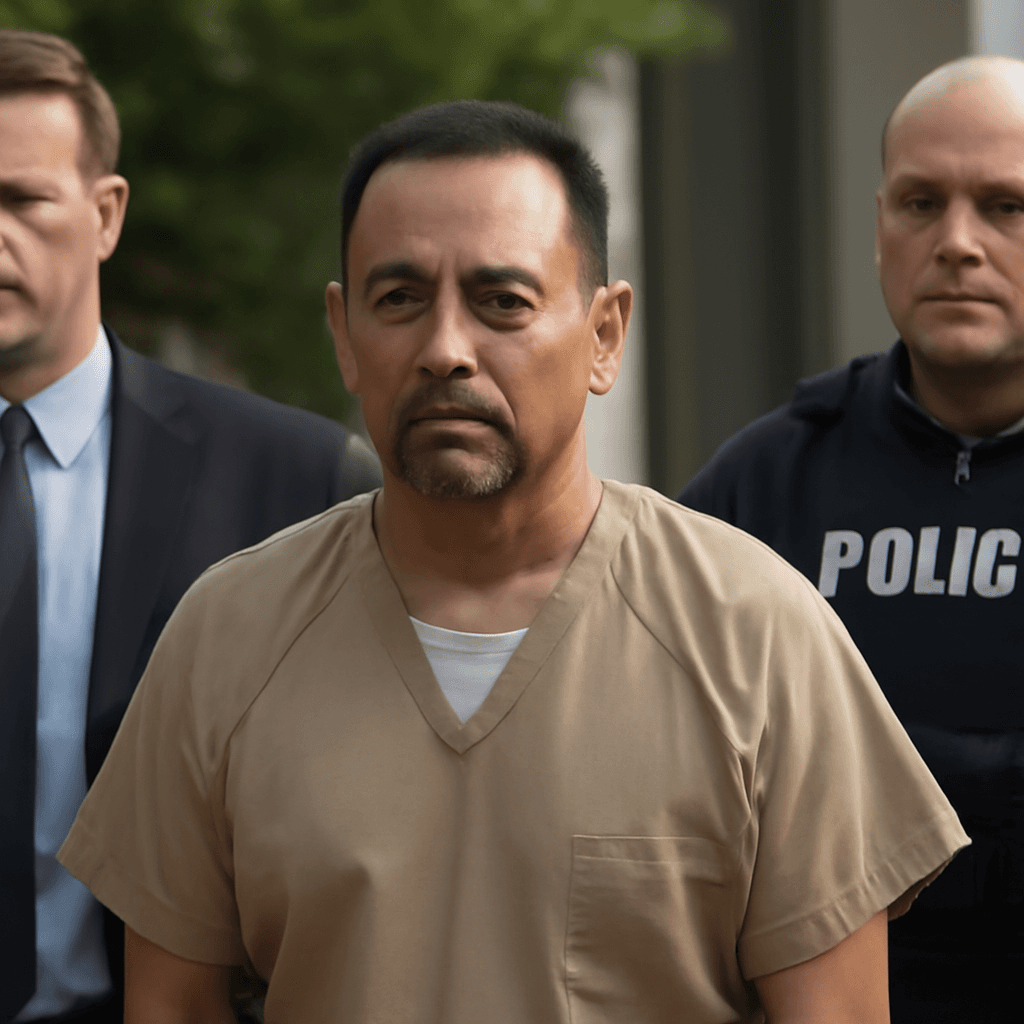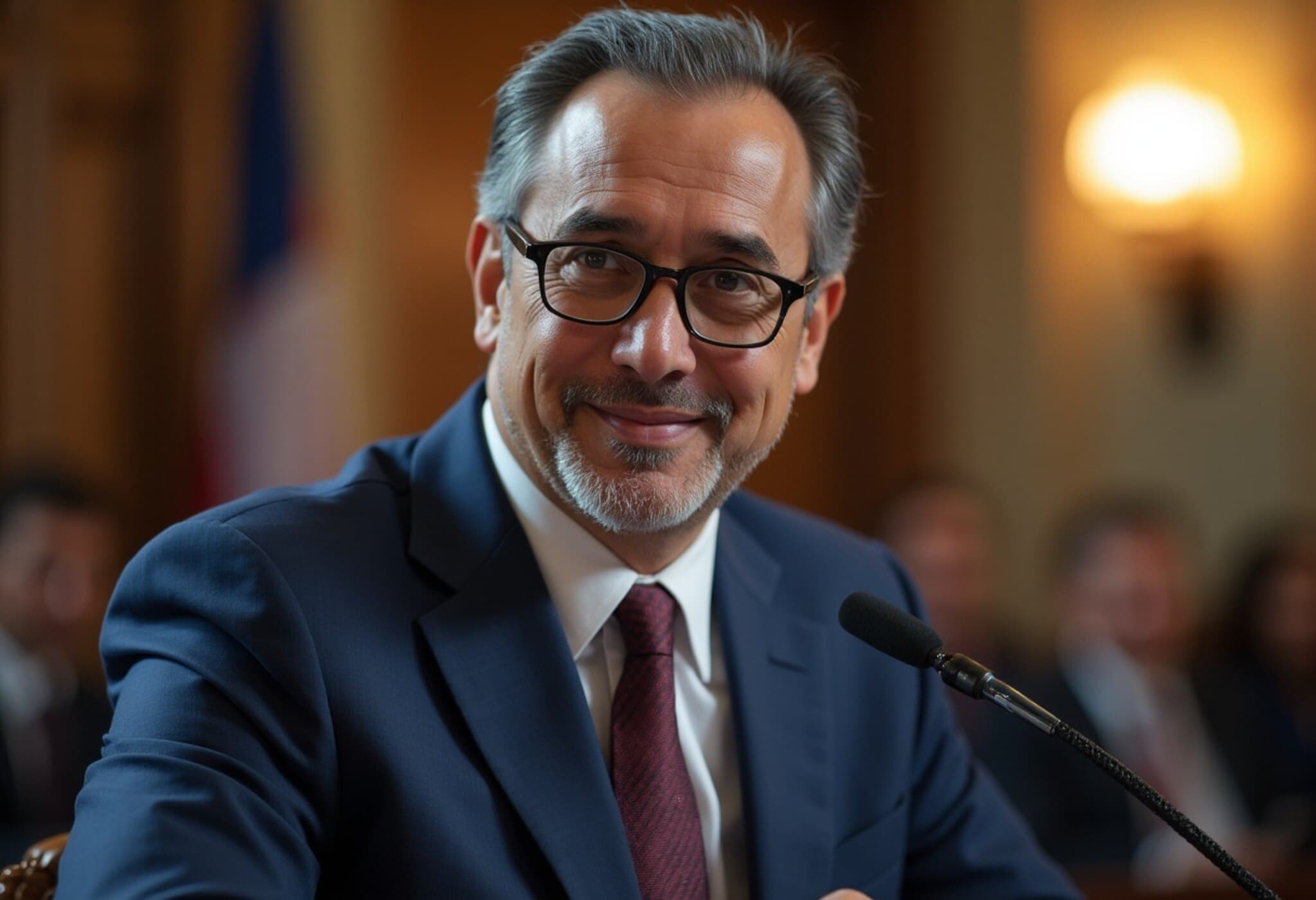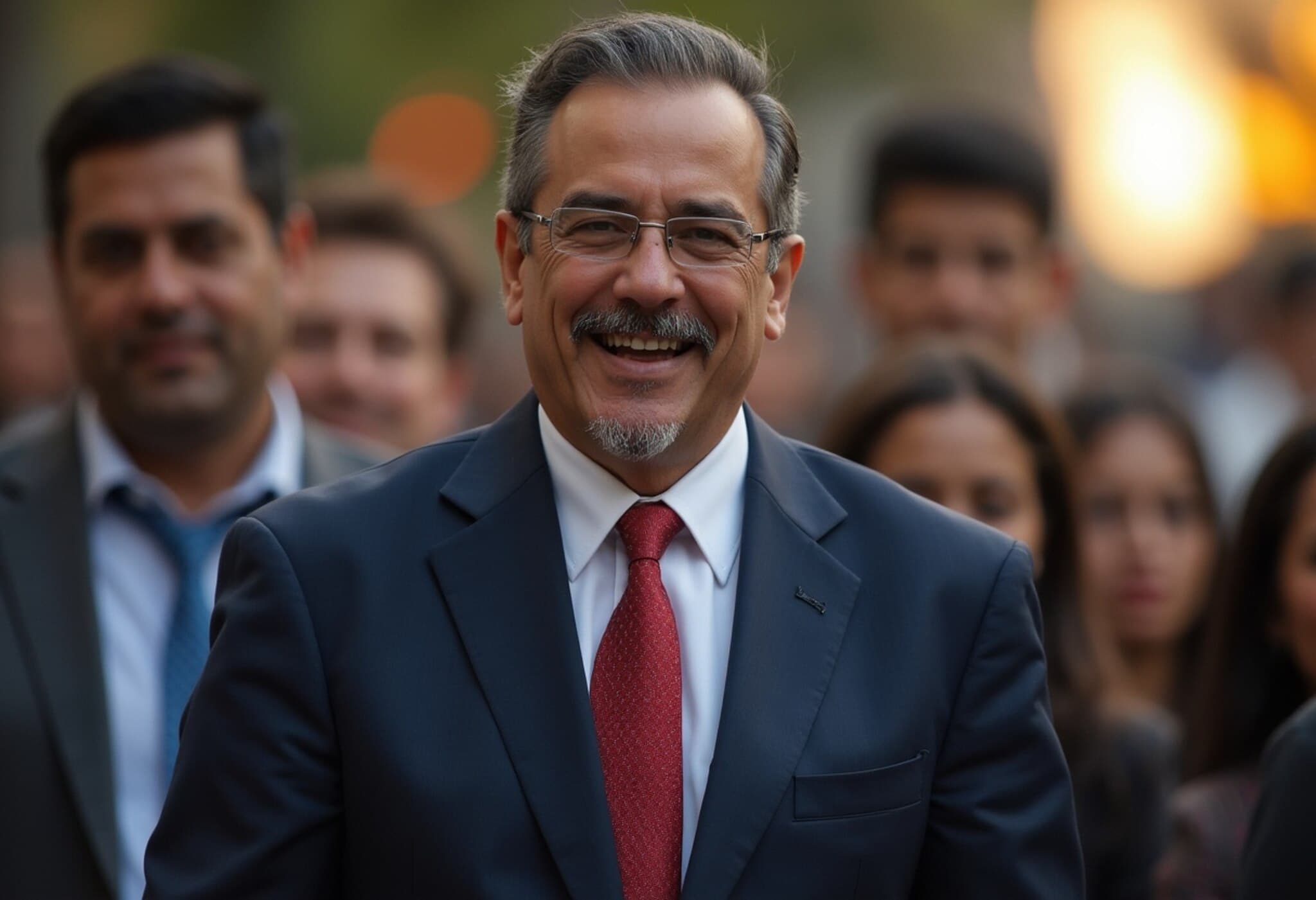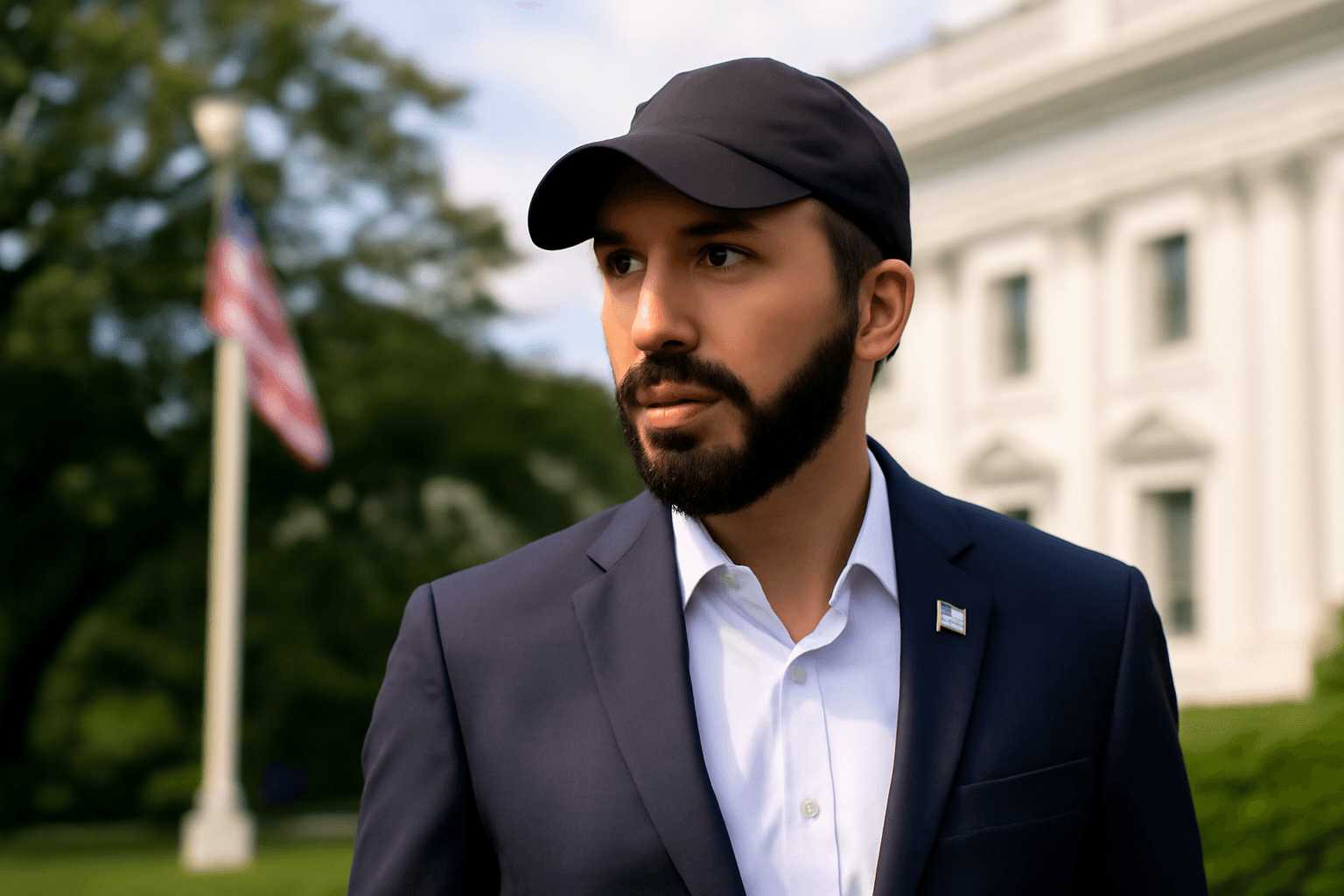Background of Kilmar Ábrego García’s Deportation
Kilmar Ábrego García, a Salvadoran immigrant residing legally in Maryland under a work permit, was mistakenly deported to El Salvador in March 2025 under the previous U.S. administration's policies. Despite a judicial order protecting him from deportation, Immigration and Customs Enforcement (ICE) officials carried out his removal. Ábrego García had been living in the United States since approximately 2011 after fleeing gang violence in El Salvador.
Return to the United States and New Criminal Charges
On June 6, 2025, Ábrego García was returned to the United States after El Salvador agreed to detain and send him back in response to a U.S. arrest warrant. Upon his return, federal prosecutors in Tennessee indicted the 29-year-old on charges related to illegally smuggling undocumented individuals and conspiracy to commit such crimes.
U.S. Attorney General Pam Bondi stated, "Our government presented El Salvador with an arrest warrant, and they agreed to return him to our country." She also expressed appreciation to Salvadoran President Nayib Bukele for cooperating in the process.
Legal Controversy and Defense Arguments
Ábrego García’s attorney criticized the deportation and prosecution process, labeling it an abuse of power. The lawyer highlighted that Ábrego García was removed to a foreign prison in violation of a court order and argued that due process requires the opportunity to defend oneself before punishment, not after.
The defense called for Ábrego García’s case to be reviewed by the same immigration judge who had previously granted him protection, ensuring his legal rights are fully respected. They also condemned the previous administration’s portrayal of Ábrego García as a gang member, which his family and legal team vehemently deny.
Prosecutors’ Position and Potential Consequences
The federal grand jury's indictment outlines Ábrego García’s alleged significant involvement in a smuggling ring that operated for nearly a decade. If convicted, he faces imprisonment followed by deportation to El Salvador.
Authorities also acknowledged that his deportation was an error; however, the prosecution is moving forward with criminal charges. Prior to these charges, Ábrego García had no criminal record in the United States.
Impact and Broader Context
- Ábrego García’s case highlights challenges in immigration enforcement and due process rights.
- The circumstances reveal potential systemic issues regarding deportations despite judicial protections.
- The case underscores diplomatic cooperation between the U.S. and El Salvador in handling immigration-related criminal matters.
Summary: The return and indictment of Kilmar Ábrego García after wrongful deportation raise significant questions about administrative decisions, the integrity of due process, and the complexities of immigration law enforcement.



